In the business of woke, talk is cheap enough for bosses
Many major companies announce progressive goals to avoid scrutiny of a far less flattering reality; but they keep their focus on booming profits and revenue.
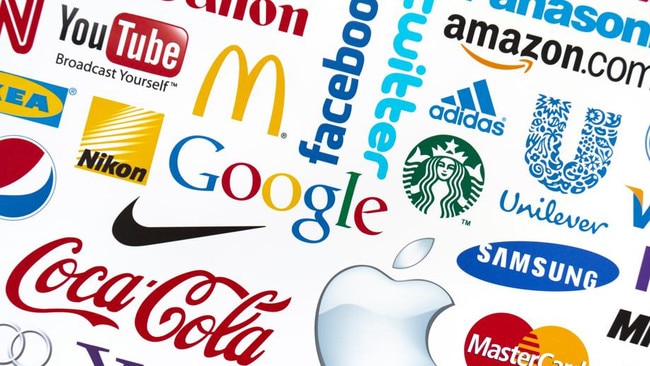
Alongside much of corporate America, Nike has “gone woke”, but it’s certainly not gone broke, as it continues to enjoy booming profits and revenues. Whether its Black Lives Matter, climate change or transgender rights, genuflecting before the altar of ESG (environmental, social, governance) concerns has become the norm among the biggest US companies, but it has scarcely changed their focus on profit, market power and maximising executive pay.
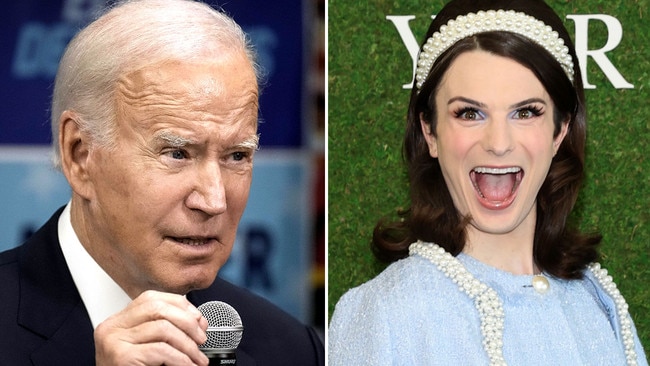
The share of annual letters to shareholders, typically penned by the chief executive or chairman, that trumpet climate change and diversity, has surged from 20 per cent in 1980 to 91 per cent in 2020, according to a new study that investigates how stated business goals and behaviour have changed over time.
“Executive compensation is overwhelmingly based on financial performance … (corporate) goals seem to be announced opportunistically to deflect attention and alleviate pressure on management,” is the conclusion of three top economists at the University of Chicago, including former Reserve Bank of India governor Raghuram Rajan and Luigi Zingales.
“We do find a fair amount of evidence suggesting that managers state goals opportunistically to escape scrutiny or alleviate stakeholder pressures,” they add, based on their analysis of the 150 largest US companies from 1955 to 2020.
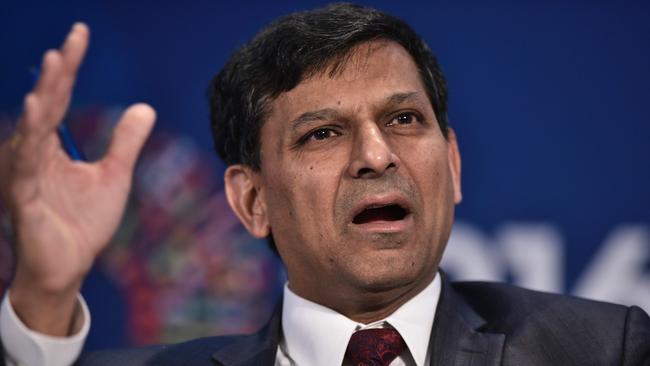
For all the corporate preening, the share of executives’ pay that was affected by non-financial concerns, even among the businesses that flaunt ESG credentials, was only a “tiny” 4 per cent in 2020 – up from 3 per cent in 2008.
Meanwhile, the median pay of the chief executives of the top 500 US firms rose 17 per cent in 2021 to $US14.5m, according to S&P. No signs of going broke there.
The top spot went to the chief executive of Expedia, a travel booking aggregator, who took home $US296m. The company’s corporate aims ooze ESG.
“We are dedicated to creating an inclusive environment for everyone, regardless of race, ethnicity, colour, national origin, age, disability (physical or mental), sexual orientation, gender identity … or physical appearance.”
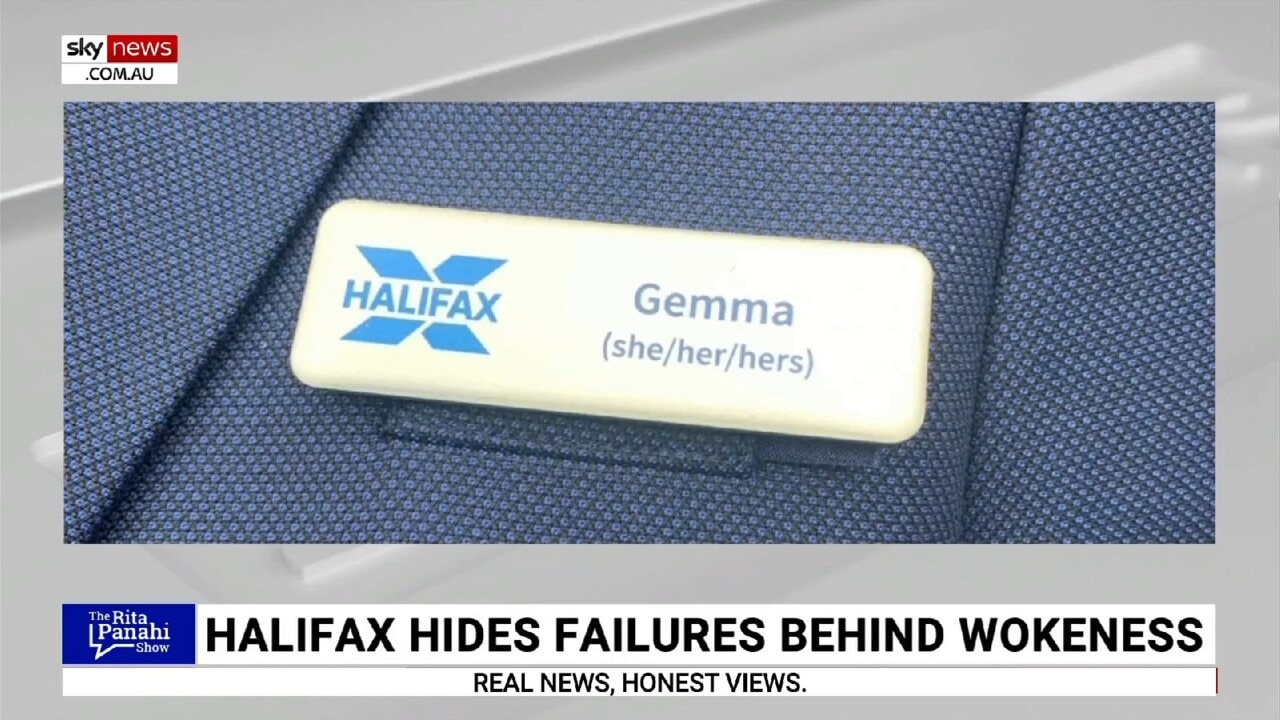
Perhaps the company hasn’t noticed the prevalence of models in tourism advertisements.
The announcement of an ESG goal in the study tended to produce a tokenistic change or a new report about employees’ racial characteristics and sexual preferences by a new, highly paid internal bureaucracy.
The study’s authors also showed how big businesses have become obsessed with goals. In 1955, only a third of them even specified one in their annual shareholder letter. By 2020, 93 per cent of them had an average of seven each.
Why large businesses drape themselves in niche progressive goals – which politically alienate a substantial minority of their customers – remains a puzzle.
Sometimes the goal-stating is simply “cheap talk” to obscure a far less flattering reality. For example, US companies fined by the US environmental authorities were more likely to declare their interest in environmental protection thereafter, especially energy companies around the time of an oil spill.

Firms with excessive debt tended to extol the virtues of “risk management”, while those struggling financially stressed the importance of maximising profit. “Firms embroiled in the opioid scandal announced all manner of stakeholder and societal goals suggestive of responsible corporate behaviour after the scandal came to light,” the three authors wrote.
But Silicon Valley giants typically leave their concern for human rights at the door when it comes to dealing with China.
A more comprehensive answer must include the relative militancy of far-left activist groups who demand business leaders toe the “progressive” line or face public denunciation.
In contrast, traditional free-market advocates simply think businesses should be left to their own devices, so they struggle to argue against the explosion in “social goals” that business leaders even a generation ago would have found bizarre. Hiring teams of diversity, equity and inclusion advisers on six-figure salaries to write intellectual gobbledygook comes at a cost, but it’s vastly lower than the alternative of being denounced as a reactionary bigot by umpteen think tanks and far-left politicians.
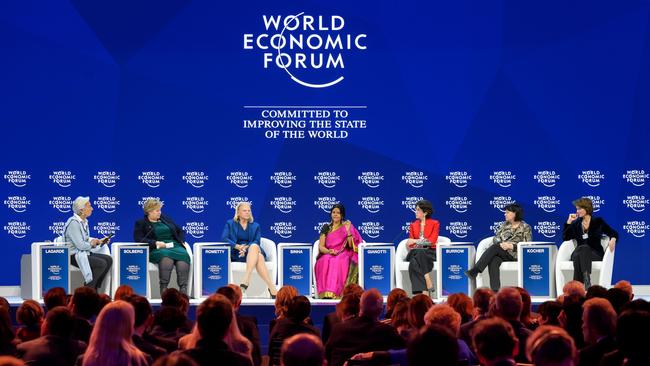
Meanwhile, Nike’s female customers simply want a sports bra, caring little for how “inclusive” its C-suite happens to be. The vastly changed ownership structure of large corporations is another reason. In 1955, more than 90 per cent of US shares by value were owned directly by households. By 2007, it had plunged to less than 30 per cent, as the Blackrocks and Vanguards came to dominate share registries throughout the developed world. Compulsory superannuation made the transformation even starker in Australia.
Management no longer has to pander to the preferences of ordinary people, or even rich individuals, but rather to the highly paid employees of these giant companies, many of whom believe in ESG as a political project.
No chief executive wants to be dressed down in Davos for not clapping loudly enough for ESG. The path of least resistance is simply to go along with all the nonsense, and perhaps make fun of it in private.


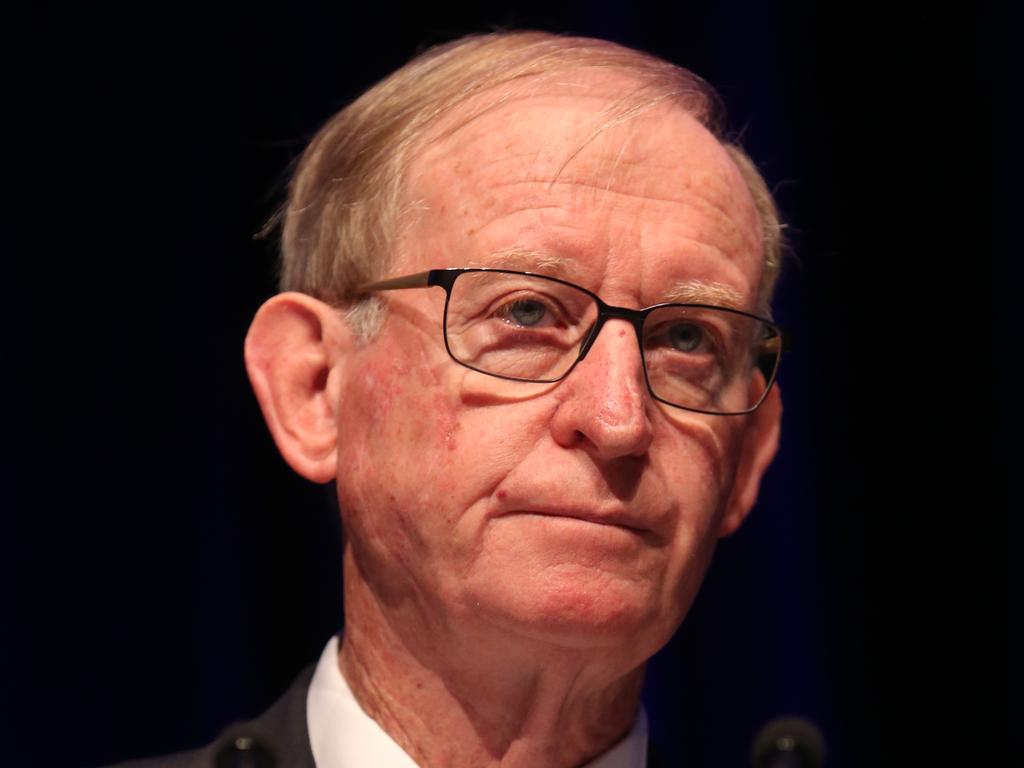

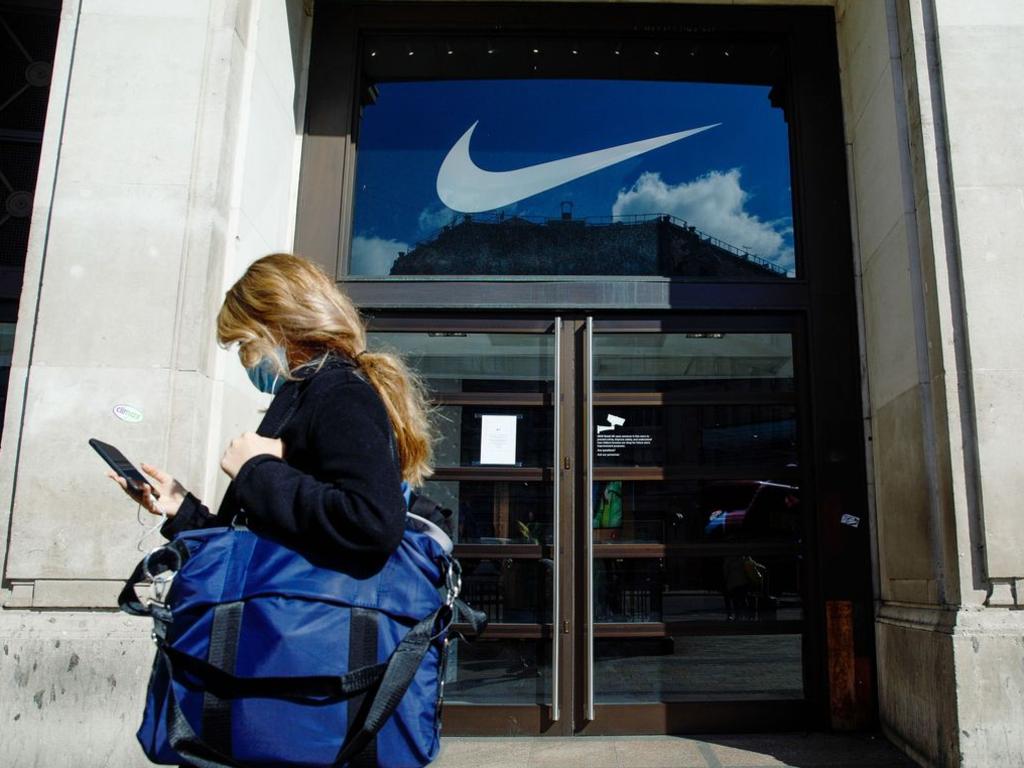



Last week sport giant Nike told its millions of customers to “be kind, be inclusive” and to “encourage each other” after being criticised for using trans rights activist Dylan Mulvaney in an advertisement for women’s sports bras.